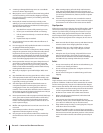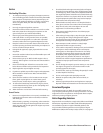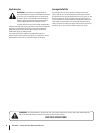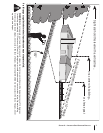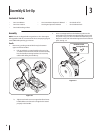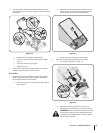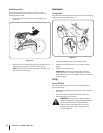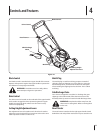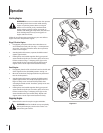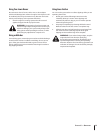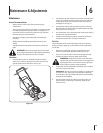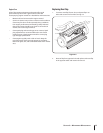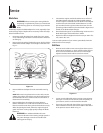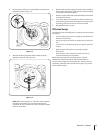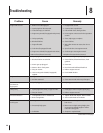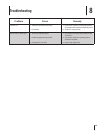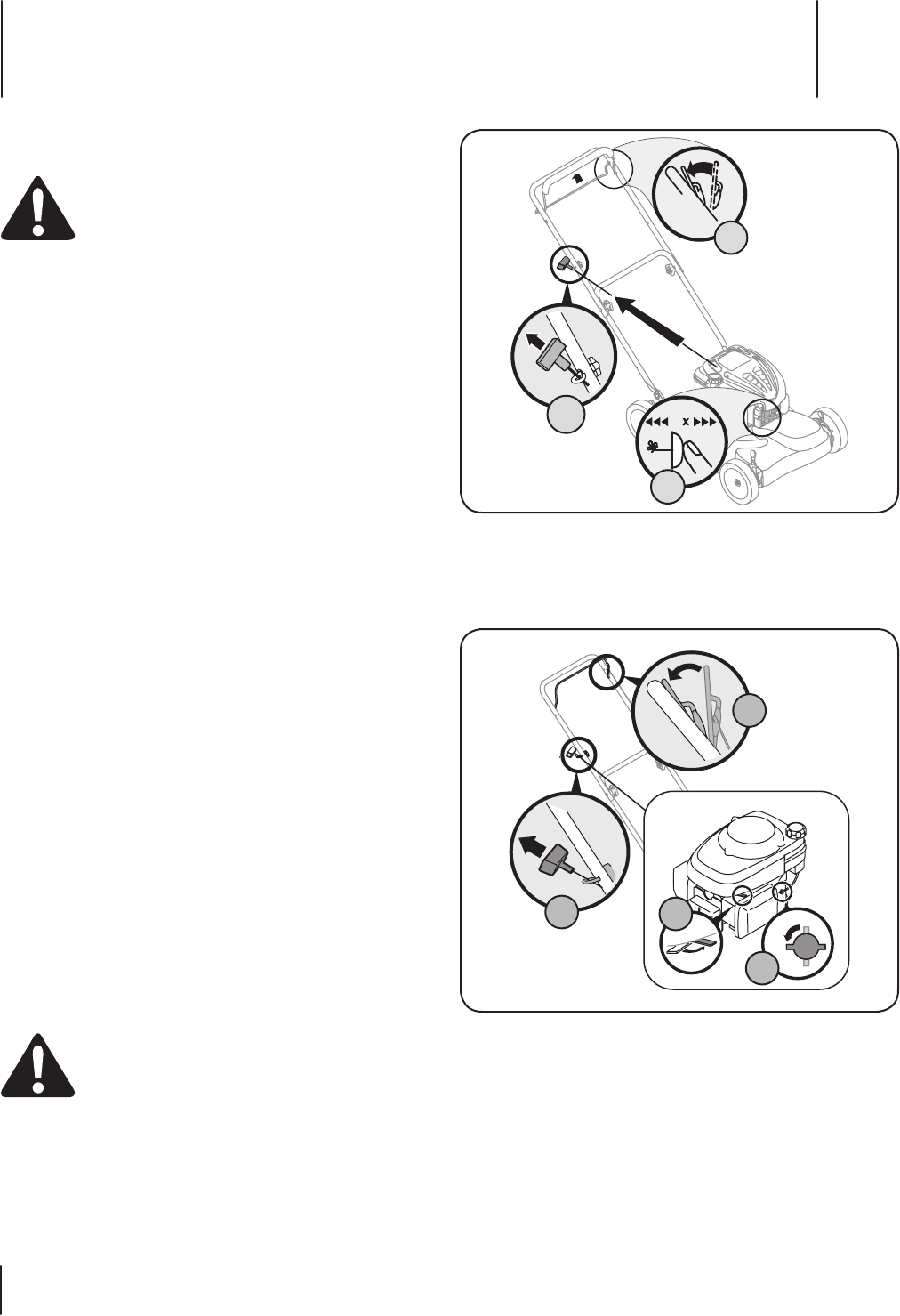
Operation
5
12
Figure 5-1
Starting Engine
WARNING: Be sure no one other than the operator
is standing near the lawn mower while starting
engine or operating mower. Never run engine
indoors or in enclosed, poorly ventilated areas.
Engine exhaust contains carbon monoxide, an
odorless and deadly gas. Keep hands, feet, hair and
loose clothing away from any moving parts on
engine and lawn mower.
Follow the set of instructions pertaining to your unit. Refer to
engine manual for help with the engine.
Briggs & Stratton Engine:
If equipped, push primer three times. Wait about two
seconds between each push. See Fig. 5-1. In temperature
around 55° F or below, prime five times. Do not prime to
restart a warm engine.
Standing behind the mower, squeeze the blade control
against upper handle.
Holding these two handles together firmly, grasp recoil
starter handle and pull rope out with a rapid, continuous,
full arm stroke. See Fig. 5-1. Keeping a firm grip on the
starter handle, let the rope rewind slowly. Repeat until
engine cranks. Let the rope rewind each time slowly.
Honda Engine:
If equipped, place the fuel valve lever found on the left side
of the engine into the ON (OPEN) position. See Fig. 5-2.
Move the choke lever (if equipped) all the way backward
into the choke position.
Standing behind the mower, squeeze the blade control
against upper handle. The choke (if equipped) will now
begin to slowly return to the off choke position after
activating the blade control. Therefore, quickly move onto
step four below.
Holding these two handles together firmly, grasp recoil
starter handle and pull rope out with a rapid, continuous,
full arm stroke. See Fig. 5-2. Keeping a firm grip on the
starter handle let the rope rewind slowly. Repeat until
engine cranks. Let the rope rewind each time slowly.
Stopping Engine
Release blade control to stop the engine and blade.
WARNING: Wait for the blade to stop completely
before performing any work on the mower or to
remove the grass catcher.
1.
2.
3.
1.
2.
3.
4.
1.
Figure 5-2
2
3
3
1
ON
OFF
1
2
3
4



